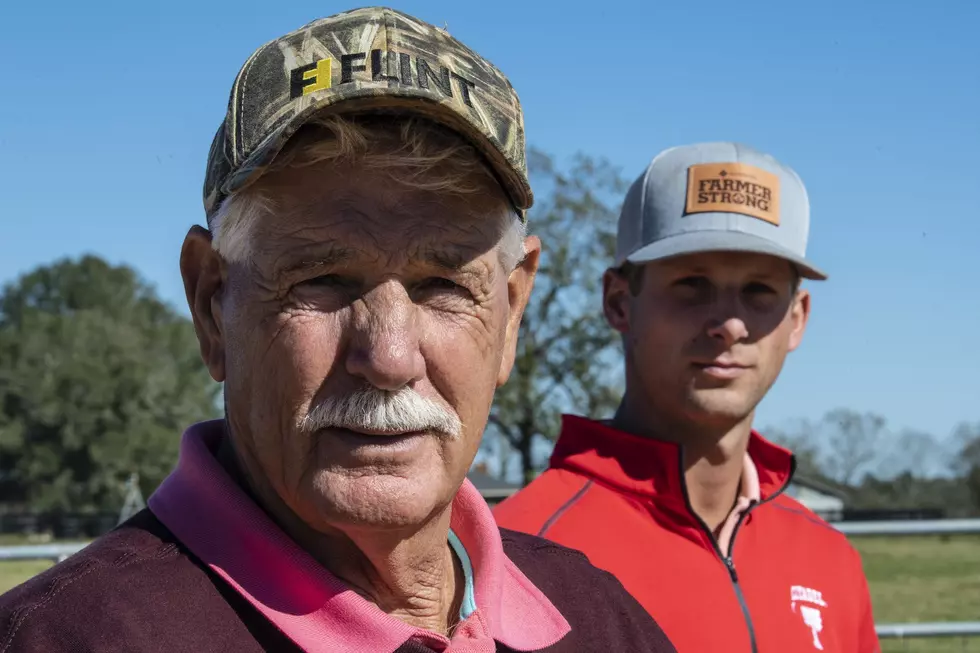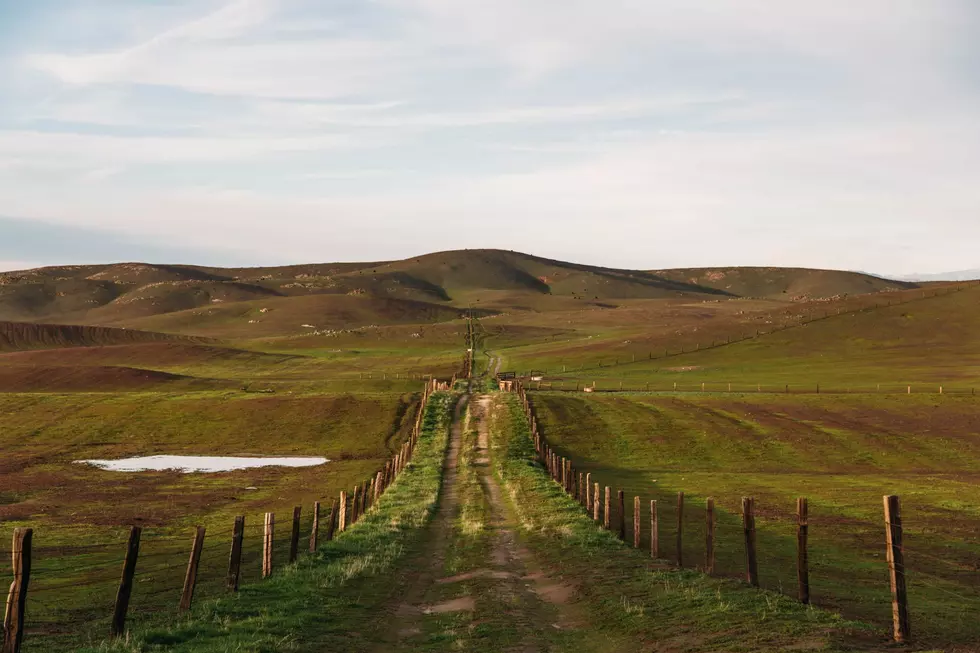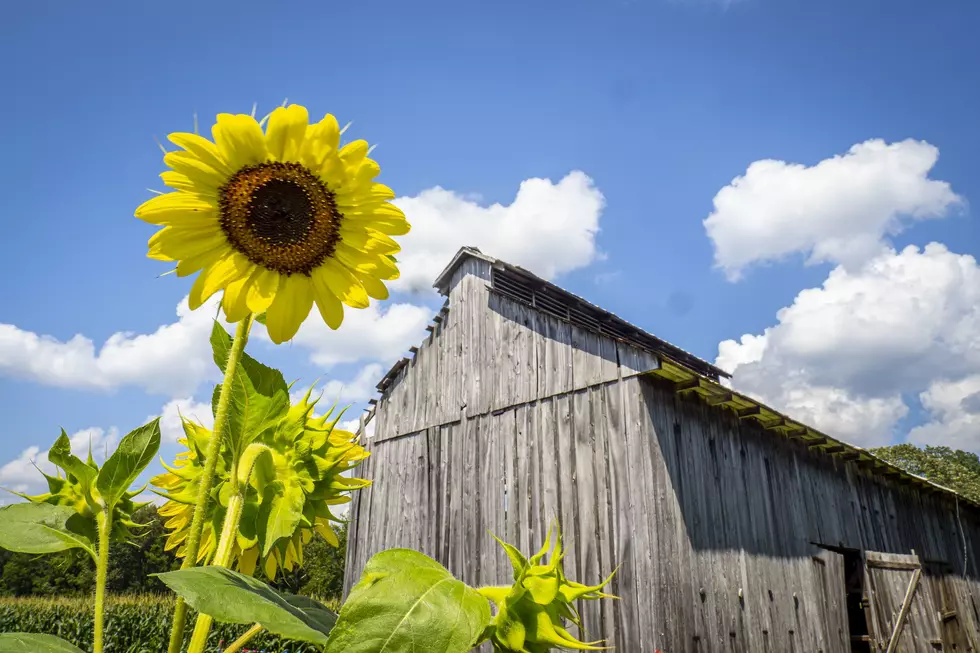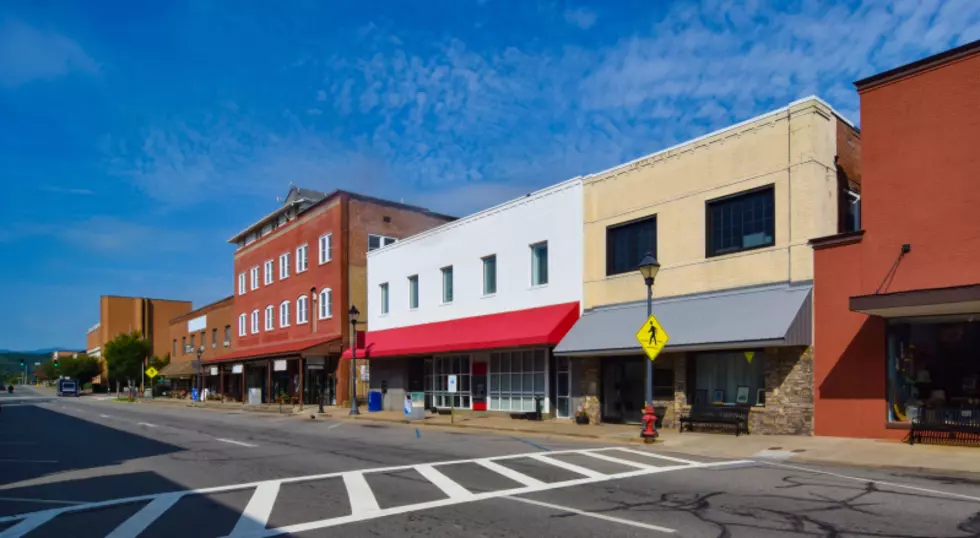
New Organization Looks To Focus On Mental Health Issues In Rural America
A new nonprofit organization focuses on mental health in rural America. Just launched, Rural Minds provides rural Americans with expanded access to existing mental health service organizations and addresses the importance of overcoming the stigma around mental health challenges.
Founder and chairman Jeff Winton says inspiration for the organization came from a tragedy in his own family. Just 48 hours after celebrating the marriage of one of his nephews in 2012, another nephew, Brooks, took his own life.
“As you can imagine, it caught our family and our entire rural community of 500 people completely off guard. However, there were some people in the community that didn't want our family to talk about it as a suicide. So, I asked my mom who helped raise Brooks and was the matriarch in every sense of our family, what she wanted to do as far as addressing this during the eulogy I was about to give at the funeral. And my mom without even flinching, looked at me with tears streaming down her face and said to me, of course, we're going to talk about it. She said, it's about time that this rural community started facing what is going on here, and if by us talking about this in detail will help other families avoid going through the heartache and the tragedy that our family is experiencing, then it will be well worth it.”
Winton says he noticed the rural mindset around mental illness as a child.
“I think I first started realizing that mental illness was in fact an illness and was somewhat prevalent in our small farming town when I was a young boy. There were a number of unexplained circumstances where people in the prime of their life died very suddenly, and no one really talked about it. There was a lot of whispering that went on around these deaths, but there was never a conversation, at least never a conversation that I was aware of.”
Rates for depression are higher in rural America than in urban areas, and suicide rates among people living in rural counties are 25% higher than those in major metropolitan areas. Winton says addressing mental illness is a significant challenge in rural America due to unique barriers.
“Addressing mental illness is a significant challenge in rural America because there are several other barriers. First of all, there are 20% fewer primary care providers in rural areas than there are in urban and suburban areas. There is a lack of psychiatrist to the point where 65 percent of rural counties do not have a practicing psychiatrist, and in 81% of rural counties, there are no psychiatric nurse practitioners.”
Many of the challenges to mental health are inherent in a rural lifestyle.
“A person raised in a rural community, like I was, is taught from a very young age who value the importance of being self-reliant and to dust yourself off and pull yourself up by your bootstraps if you are down for whatever reason. Rural people aren't always comfortable asking for help because we cherish the independence that comes with, and many times is very important in living and working in a rural area. On a practical level, there can be a long wait to get an appointment to see a limited number of mental health professionals. On top of that, unfortunately, many people lack adequate health insurance coverage. That would cover treatment for mental illness.”
He says Rural Minds serves as the voice on mental health in rural America.
“Our mission at Rural Minds is to serve as the informed voice on mental health in rural America and to provide mental health information and resources for people living and working in rural America. There are many other mental health organizations that are doing great work out there, but very few of them focus on the rural population. So, that's where we see our goal is to be the authoritative voice on mental illness in rural areas. At Rural Minds, our vision is for a rural America where there's no more suffering silence or stigma around this disease.”
To learn more check out Rural Minds’ Website. Last month’s rollout of Rural Minds coincided with National Rural Health Day, which was November 18th.
If you have a story idea for the PNW Ag Network, call (509) 547-1618, or e-mail gvaagen@cherrycreekmedia.com
More From PNW Ag Network









